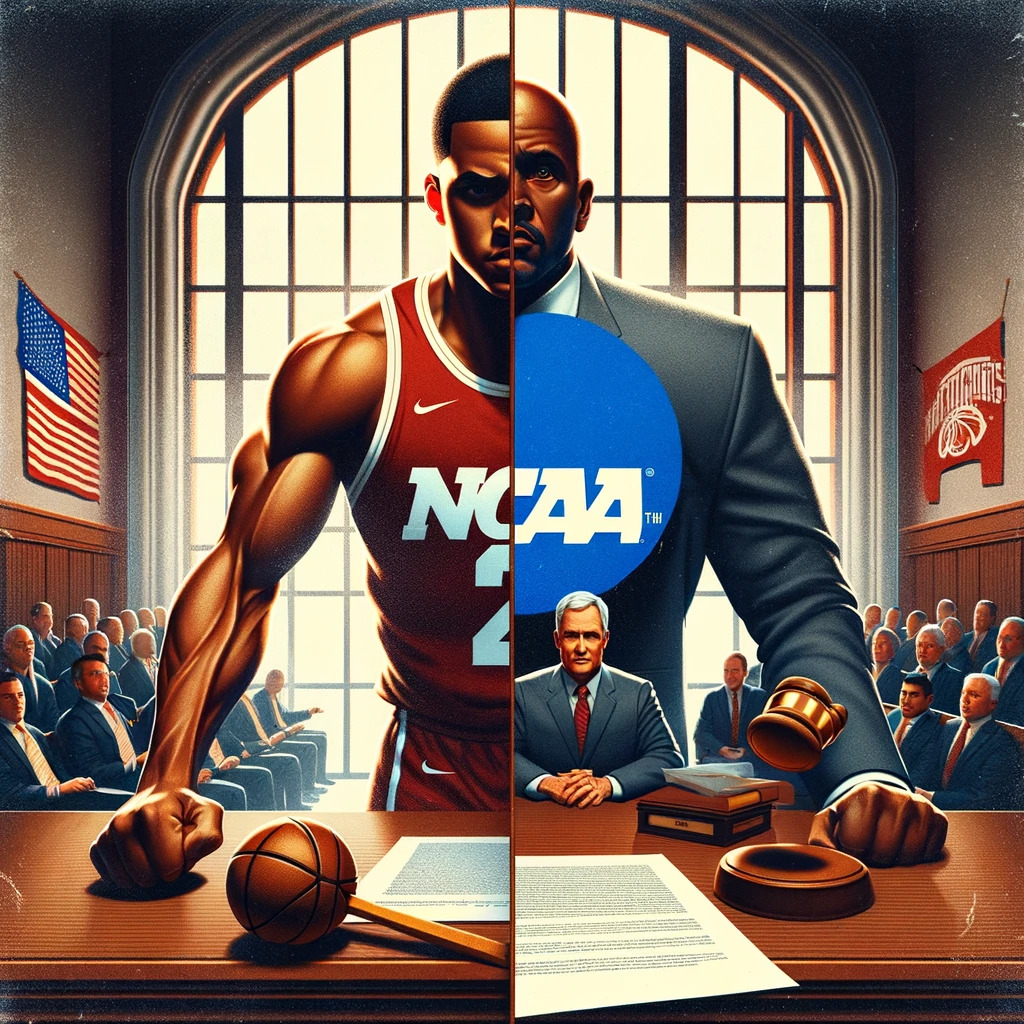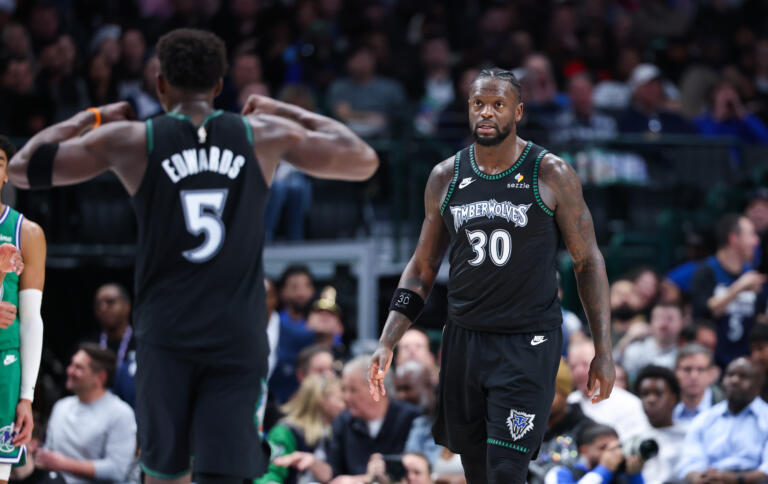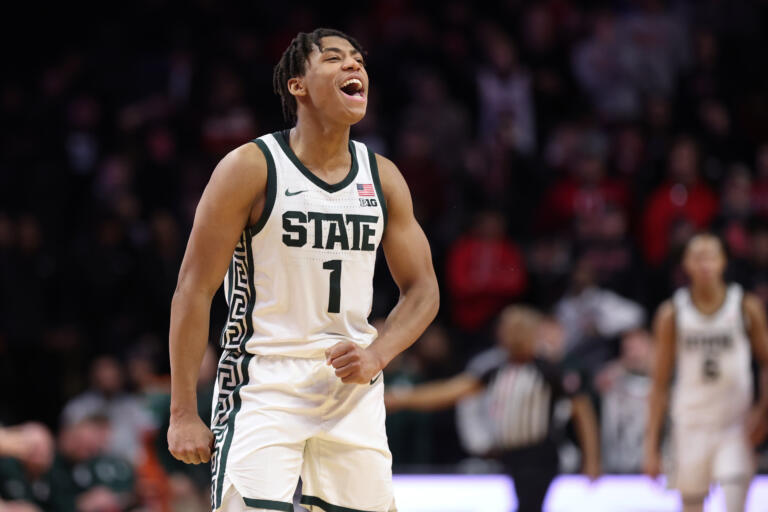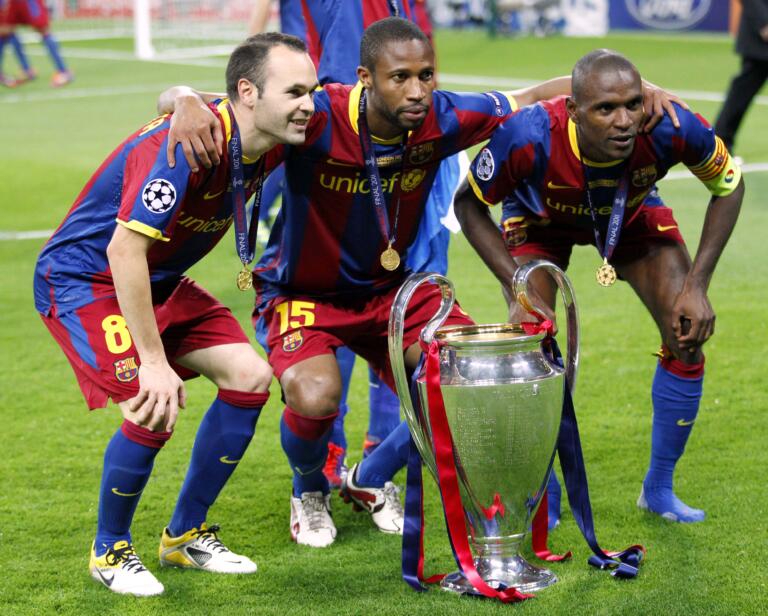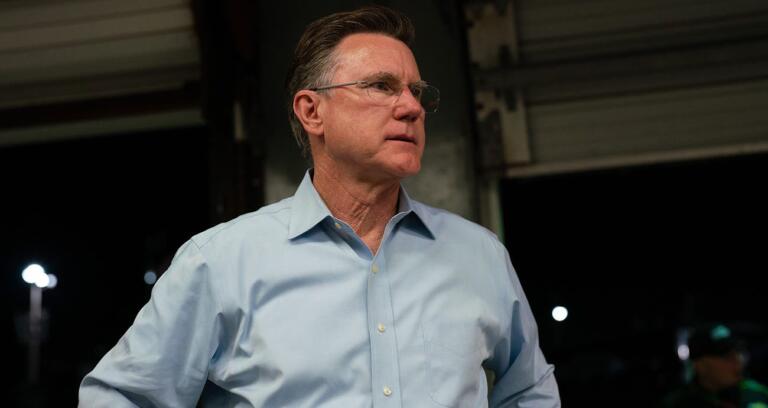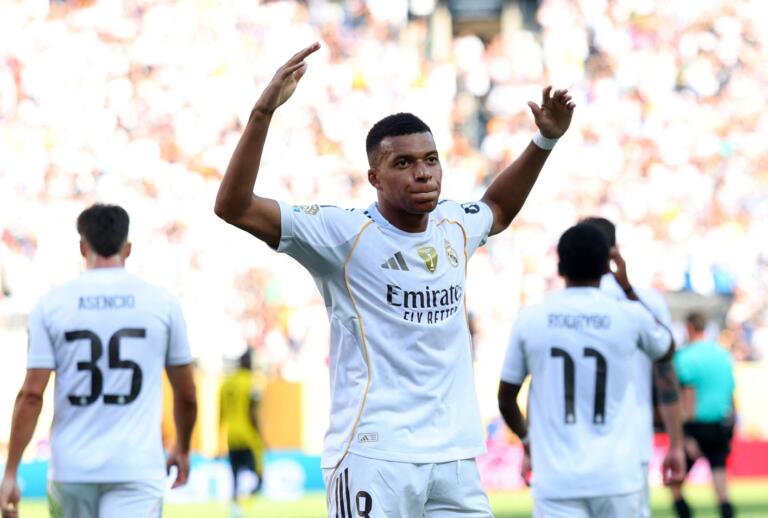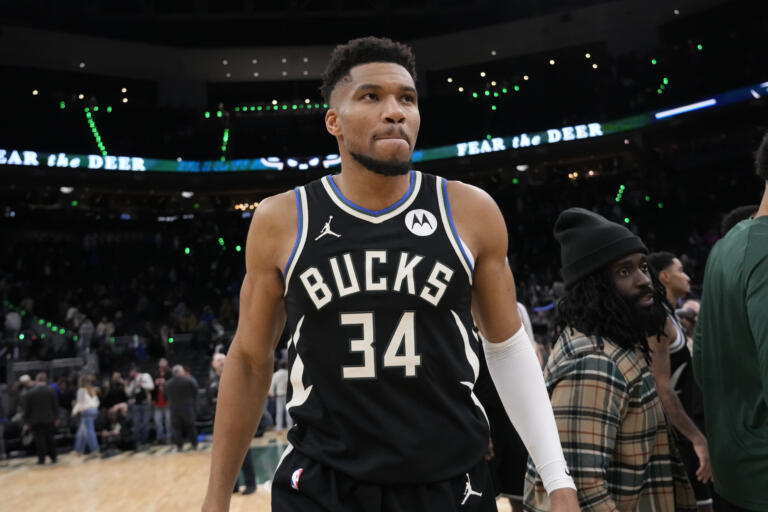Just when you thought the waters of college sports were getting calmer, a new wave of controversy crashes in. This time, the NCAA finds itself navigating through stormy seas, not just over potential rule infractions involving the Tennessee Vols, but also facing accusations of breaking federal antitrust laws. Why, you ask? Well, it’s all about the name, image, and likeness (NIL) rights of athletes, a topic that’s as hot as a game-winning shot at the buzzer.
Let’s unpack this like we’re trying to explain the offside rule to a friend who’s never watched a soccer game. Imagine you’re an incredibly talented college athlete, your face known by fans across the country. You’d think you’d be able to capitalize on your fame, right? However, the NCAA’s “shifting and opaque series of rules and guidelines” on what benefits athletes can receive from their NIL has thrown a wrench in the works. It’s like playing a video game where the rules change every level, but nobody tells you how they’ve changed.
Enter the attorneys general of Tennessee and Virginia, stepping onto the court not with basketballs but with a lawsuit aimed directly at the NCAA. They’re accusing the organization of violating antitrust laws with its NIL rules. If you’re scratching your head wondering what antitrust laws are, think of them as the rules ensuring the game of business is played fairly, preventing monopolies and ensuring competition. The lawsuit claims that by imposing these convoluted NIL guidelines, the NCAA is playing referee, coach, and player all at once, which isn’t how the game should be played.
This situation is more than just a legal battle; it’s a pivotal moment in collegiate sports. It’s about recognizing athletes not just as players on a field or court, but as individuals with rights and potential for earnings beyond just scholarships. The NIL rules are supposed to empower student-athletes, allowing them to benefit from their hard-earned fame while still in college. However, with the rules being as clear as mud, it feels like trying to hit a three-pointer with your eyes closed.
As this drama unfolds, it’s essential to keep an eye on how it will affect not just the big names in college sports but every athlete dreaming of making it big. Will the NCAA pivot and clarify the NIL rules, or will this lawsuit force a change in the playbook? Only time will tell.
In wrapping up, this controversy isn’t just a legal skirmish; it’s a fight for the future of college sports and the rights of athletes. As fans, athletes, and sports aficionados ponder over this, one can’t help but wonder: What’s the right balance between maintaining the spirit of amateurism in college sports and ensuring athletes get their fair share? The game is changing, and how it plays out could redefine the landscape of collegiate athletics.


